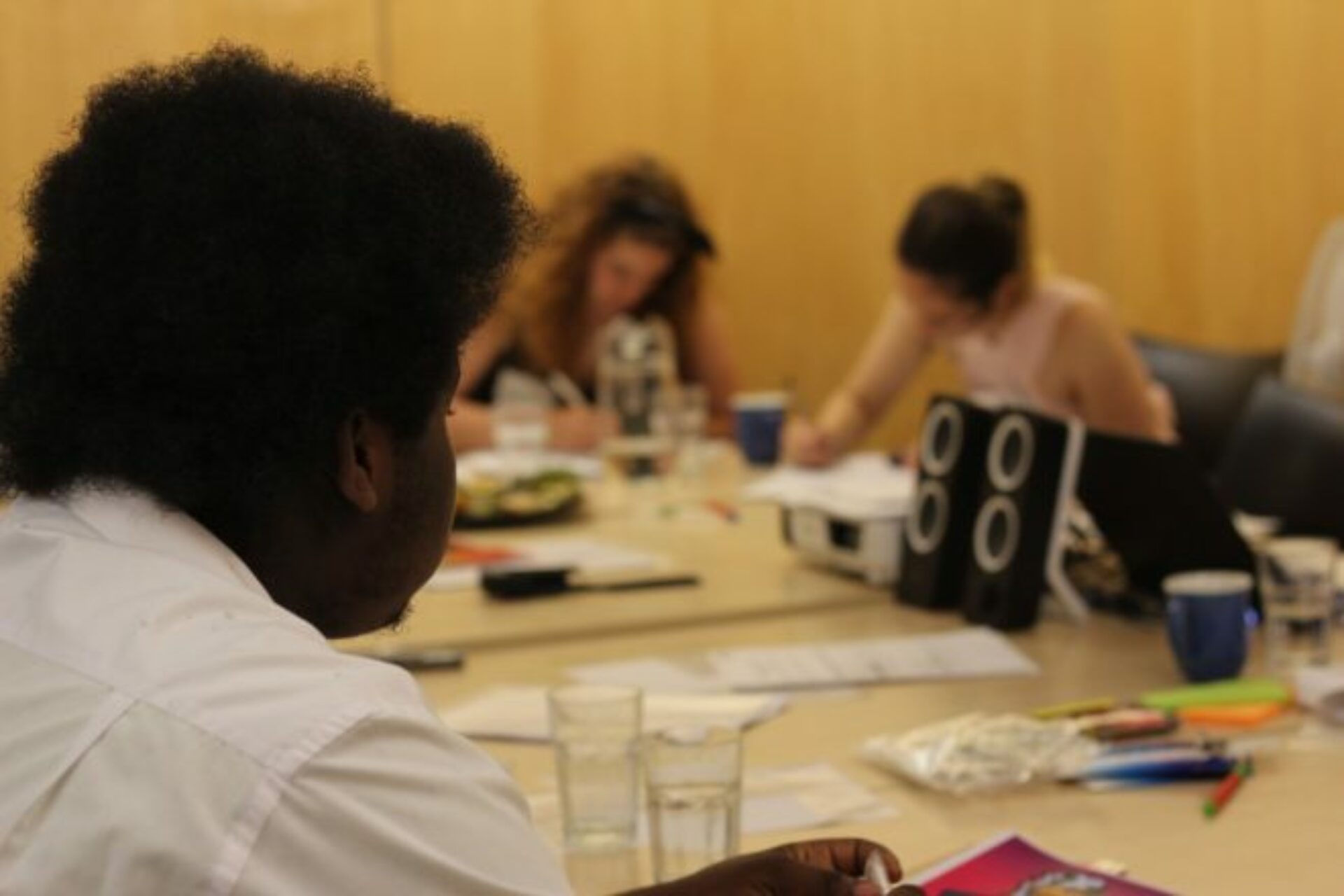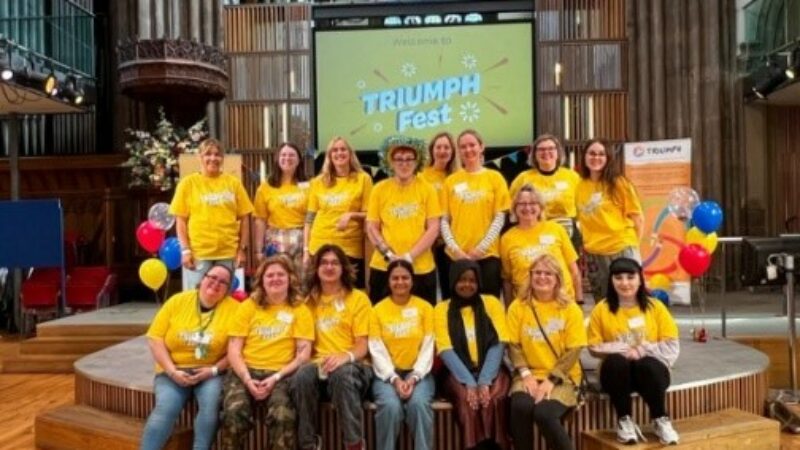Project overview
We have been working with the Early Youth Engagement (EYE) project at the University of Sussex to improve services for people having their first episode of psychosis, so more people want to stay with the service and benefit from its support.
The EYE project was developed as a new approach for working with young people, their parents and Early Intervention in Psychosis (EIP) staff, to prevent poor engagement in services.
It addressed issues that can put young people off, like how staff communicate with them, how much family and friends are included, how much services help with their goals, and treatment choices.
It included a website, booklet series and other resources to support young people and families, and a staff training programme in how to work flexibly and openly, using well-established motivational techniques, to help young people with psychosis.
EYE-2 looks to refine and evaluate this work with EIP teams in different NHS Trusts before disseminating it more widely
Project details
Around 7,500 young people in England develop psychosis every year. It is a severe mental health issue that generally starts in people aged 14-35 years and has long-term effects for the individual themselves and wider society.
Early intervention in the first three years of psychosis can improve long-term outcomes. However, at least a quarter of all young people drop out of Early Intervention in Psychosis (EIP) services in the first 12 months, leading to greater risk of poor outcomes.
Ensuring that young people receive a service quickly is a current NHS priority, but there are no interventions to improve engagement with services.
People with lived experience collaborated to develop the EYE intervention, training, materials, analysis and dissemination strategy.
EYE2 set up a unique involvement plan to support wider implementation.
A Patient and Public Involvement (PPI) lead was appointed to work closely with each participating research site, supported by McPin.
These five PPI leads were involved in providing part of the trial intervention by organising social groups and events with service users. They also provide additional training to support new research staff joining the study sites.
Alongside this, they each formed a small advisory group with young people from EIP services. These advisory groups undertook lots of specific tasks including co-designing a questionnaire used in the trial.
Poems from EYE-2
Gill Macafee, who was the study’s public and patient involvement lead, wrote two poems on her experiences facilitating the groups.
The research group, Early Youth Engagement Project,
Has set up social groups, of which the object,
Is to meet other service users who,
Have experienced first time psychosis and want to,
Talk to peers with whom they connect,
Maybe meet over coffee, have mutual respect,
And understanding, and as a group will chat,
Play pool, table tennis, bowling and things like that,
There are classes too, like art and walking,
And you’re not just occupied, you are also talking,
Everyone is friendly and has lived experience,
So if you are new to the group do not feel tense,
Come join us, relax, you soon will be,
A part of your wonderful group and you’ll see,
That the Early Intervention Team is so good,
And successful in helping service users who could,
Have relapsed if not part of this team,
So if you think that this group may seem,
A good idea for you, come along,
We have so much fun and we all belong,
Together, helping each other to cope,
With situations where we didn’t hold much hope,
But now we see that the sun does shine,
On us as a group and we laugh more than cry,
Honestly, and you’ll make friends too,
Come along, join us, I’m sure they’re for you.
A poem about Social Groups
When I first started one of the social groups,
There was the marvellous one, who was soon to become two,
Then along came another, who was indeed,
A man with whom to take heed,
As he came along, leg in plaster,
But that didn’t stop this determined master,
Then joining the group was a man who,
Was to become a valued member too,
So instead of three it was the four musketeers,
Who overcame many things during the next two years,
We watched one grow, another return to the gym,
One always showed up, despite the voices within,
And let’s not forget the incredible peer mentors who,
Were to become known as the dynamic two,
Plus the STR worker, where do we start,
A dedicated member with a very big heart,
In the last few months the group grew,
Four young ladies joined the crew,
Each bringing their own individual thing,
To us all, now it’s time to sing,
A song to rejoice in the glory of “Us”,
An amazing group who, with very little fuss,
Grew and furthered their individual recovery,
On this journey of life, each making many discoveries,
About themselves, their capabilities and such,
We have all grown so very much,
And together we have done this,
At the same time creating a situation of bliss,
At least on a Thursday afternoon when we could,
Relax, chat, laugh, opening up like a bud,
I will miss you, but hope that you can all,
Continue the group, and climb any wall,
That’s needed to help keep everyone in touch,
Because we created a bond that was such,
A powerful, lovely, friendly thing to be part of,
Goodbye, Good luck, I’ll sign off with love,
But first, I want to remind all of you,
To be proud of yourselves in all that you do,
You are amazing and have come so far,
Aim for the skies, be the brightest star.
Read more on the study and participating sites here and on the University of Sussex: EYE-2 project page.
For more information on the project’s public involvement, please email [email protected].
Resources

EYE-2: Myth-busting information - social groups

The Early Youth Engagement in first episode psychosis (EYE-2) study
Related blogs
Related projects
Work with us
We are always excited to hear from others who want to collaborate on mental health research. From delivering peer research to helping you with public involvement strategies and providing training, get in touch to chat.







